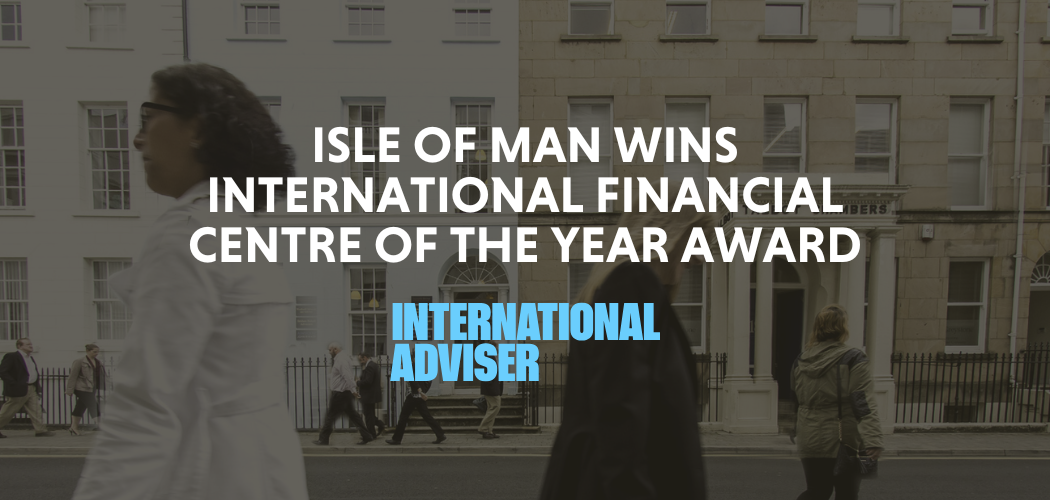Authority Sets Out Updated Approach to Supervision
04 May 2023

The Isle of Man Financial Services Authority has published a document setting out its updated approach to supervising the Island’s finance sector.
The Supervisory Methodology Framework will help to focus the Authority’s resources on the greatest threats to its objectives of protecting consumers, reducing financial crime, and maintaining confidence in the financial services sector through effective regulation.
For regulated firms, supervisory activity will be more proportionate to the firm’s impact, as determined by its size, the type of activities it conducts, and its potential to cause disruption to the Island’s financial system.
In parallel, Anti-Money Laundering/Countering the Financing of Terrorism (AML/CFT) supervision for all firms (regulated firms and designated businesses) will be aligned to the level of money laundering or terrorist financing risk to which a firm is exposed.
The Authority’s website has been updated to explain the changes to the organisation’s internal structure and areas of responsibility, and to highlight the primary contact details for the four supervisory divisions of Portfolio, Prudential, High and Medium Impact (HMI), and AML/CFT.
The framework document provides detailed information about the new engagement models and sets out the four core elements that underpin the supervisory approach – Supervisory Structure, Risk-based Supervision, Supervisory Activity, and Governance.
Regulated firms assessed as high or medium impact will undergo a robust and proactive programme of supervisory engagement to ensure the Authority continues to have a clear understanding of the risks posed and how these are being managed.
The supervision of low impact regulated firms will place a greater emphasis on data automation and exception reporting, utilising risk indicators to target supervisory engagement at firm or sector level, alongside peer group analysis and thematic work.
For AML/CFT supervision, firms that pose the highest risk of money laundering or terrorist financing will receive the most attention under the Authority’s engagement model, while for lower risk firms there will be a stronger focus on thematic projects and outreach.
Where the Authority’s supervisory activities identify a significant regulatory issue, a firm – regardless of its impact or financial crime risk rating – may be referred to a dedicated Enhanced Supervision team (which is part of the HMI Supervision Division) and/or the Enforcement Division.
As part of the overall restructure, governance panels will be convened on a regular basis to review impact and risk ratings, referrals to Enhanced Supervision and/or Enforcement, and process consistency.
The changes will all contribute to a more structured and consistent approach, ensuring that key elements of the supervisory process are assessed using a common framework.
Bettina Roth, Chief Executive Officer, said: ‘We believe we can deliver maximum value by focusing our resources on the firms that have the capacity to cause the greatest disruption to the economy should they fail or operate in an unsafe manner.’
Ros Lynch, Head of Supervisory Practices and Innovation Strategy, added: ‘Our ambitions for a more proactive and effective approach to supervision will be underpinned by the better use of technology. We understand the revised Supervisory Methodology Framework will impact the Island’s finance sector and the way it currently engages with the Authority. We remain supportive and will continue to keep our stakeholders informed of key developments.’





